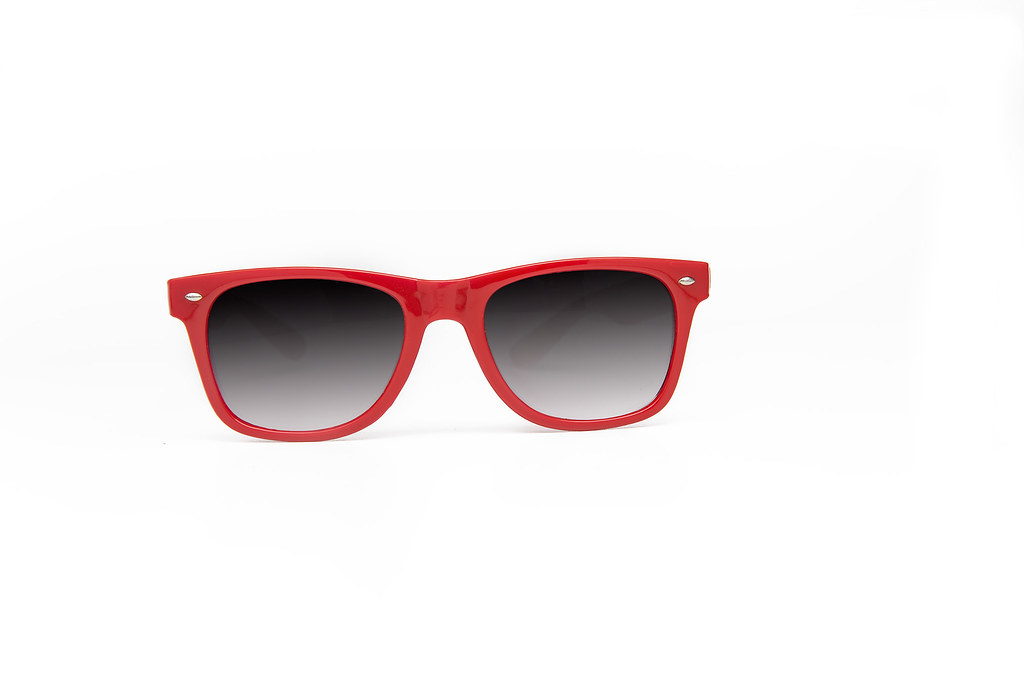The sun is not something to be taken lightly. Summer is the time of constant sun exposure. So, sunscreen is something to be taken seriously because it can protect your skin from premature aging, wrinkles and skin cancers. Besides, no one actually likes a sunburn unless you enjoy pain for no reason or you are Thriving Ivory and you need a sunburn just to know you are alive. Here are some sunscreen tips to keep your skin protected all summer long.
1. Apply the choice of sunscreen for the correct area of skin. And apply enough sunscreen.
The American Academy of Dermatology says the choice of sunscreen is a personal choice but depends on what area of skin is being protected. Creams are best for the face and dry skins. Gels are good for hairy areas, such as the scalp, and sunscreen sticks are good to use around your eyes. Lip balms that contain sunscreen are necessary to protect lips from skin cancer and being burned. Beware of using spray sunscreens when it’s windy, for example, all the time at the beach. The wind will carry away the sunscreen before it can even get on your body. You should generously coat your body in sunscreen. Most people only use a quarter of the amount they should be using, according to the American Academy of Dermatology. The Skin Cancer Foundation recommends using at least a quarter to half an 8 oz bottle for each day spent at the beach.
2. Use water resistant sunscreen when sweating or in water.
There is NO such thing as waterproof sunscreen. Water and sweat break down sunscreen from your skin so sunscreen labels are only allowed to advertise water resistant sunscreen. The FDA says that water resistant sunscreen can stay on wet skin for 40-80 minutes, so that means reapplying frequently when in water or sweating. If you are not sweating or being in the water, water resistant sunscreen isn’t necessary, but let’s be honest, who isn’t sweating in the sun. Give the sunscreen time to soak in before jumping in.
3. Choose a sunscreen with broad-spectrum coverage.
Broad-spectrum coverage means sunscreen that protects against both UVA rays, which promotes premature aging and wrinkles, and UVB rays, which will leave you with a sunburn, according to the American Academy of Dermatology. Broad-spectrum will also help prevent skin cancer.
4. SPF 50 GETS THE JOB DONE.
SPF, or sunburn protection factor, determines the sunscreen’s level of protection from the sun rays. SPF 30 blocks out 97 percent of UVB ray, according to the American Academy of Dermatology. SPF 50 blocks out 98 percent of UVB rays, according to the Skin Cancer Foundation. That may not seem like a big difference, but if you have a family history of skin cancer or are light-skinned, it’s necessary to block out as much as you can. No sunscreen can block out the sun’s rays 100 percent. Spending money on a sunscreen that’s SPF is higher than 50 isn’t really going to help your skin or your wallet. Prices usually increase as the SPF gets higher so your best bet is to buy an SPF 30 or 50 and take tip #5 seriously.
5. REAPPLY, REAPPLY, REAPPLY!
This is the MOST IMPORTANT tip. Sunscreen needs to be reapplied frequently and reapplied well, just as if you are putting it on for the first time that day. The American Academy of Dermatology recommends reapplying every two hours. They also recommend reapplying after drying off with a towel. As explained in tip #2, you need to reapply 40-80 minutes when sweating or after being in water. Again, reapplying your sunscreen is extremely important because the sun’s rays break down sunscreen and your skin is only protected for limited times. This is the key to fighting off a sunburn and protecting your skin from harmful rays.
6. Pay attention to the time of day.

The sun’s rays are the strongest from 10 am to 4 pm, so be extra diligent with sunscreen. The American Skin Association recommends using the Shadow Rule-the shorter your shadow, the stronger the rays. Limiting your time in direct sunlight during this period can help protect your skin. Shade is your friend. But that doesn’t mean cloud coverage is your friend. You still need to wear sunscreen even if it’s cloudy because not all clouds can block out the sun’s rays.
7. Wear protective clothing.
The American Skin Association recommends loose fitting clothes made from tightly woven fabric so there is no skin exposed. Darker-colored clothes typically offer more protection than lighter-colored clothes, and dry clothes are better than wet clothes. Wide brimmed hats protect not only the scalp but the face, neck, and shoulders. The more skin covered the better, but wherever the skin isn’t covered generous sunscreen application is needed.
8. Wear Sunglasses.

Not just because they amp up your look, and not because they can be the ultimate fashion statement, but because they actually have a functional reason. Sunglasses protect your eyes from harmful UV rays. Just like your skin, your eyes can be damaged from sun exposure. Polarized sunglasses block out the glare of the sun, helping you look better and see better. Plus, if you have sunnies on your face that means less squinting and fewer wrinkles around your eyes. And the bigger the sunglasses the more skin they are protecting from the sun as well.
These tips aren’t that hard to follow. You probably follow some of these rules already. The most important thing is to reapply your sunscreen often and thoroughly. Leave skin cancer, wrinkles and premature aging in the shade and protect that skin.


